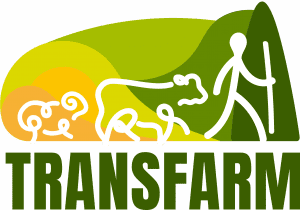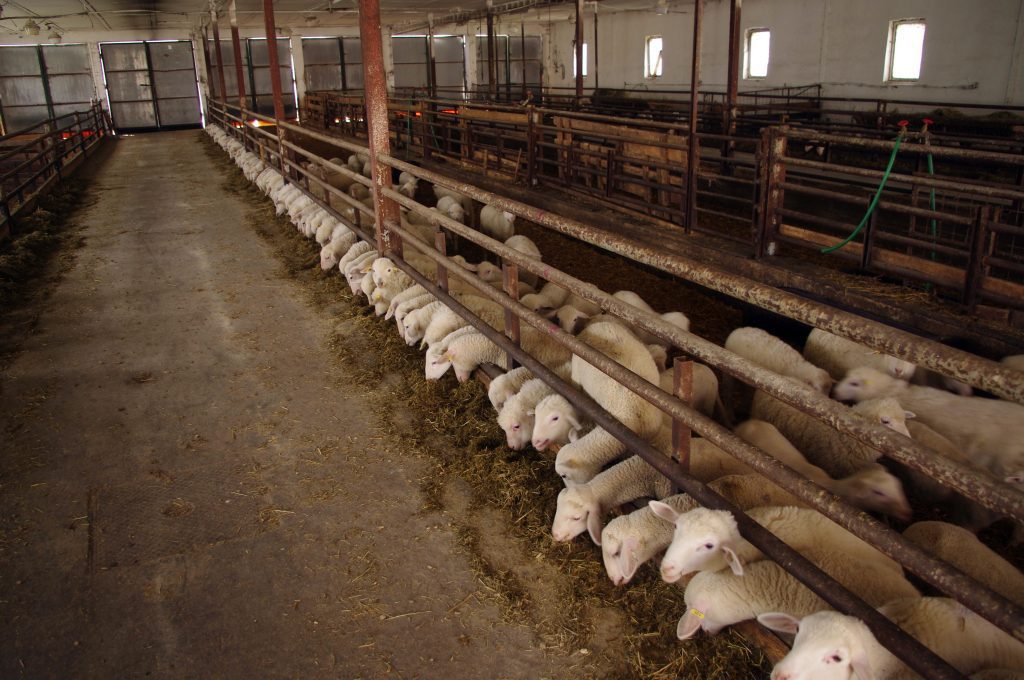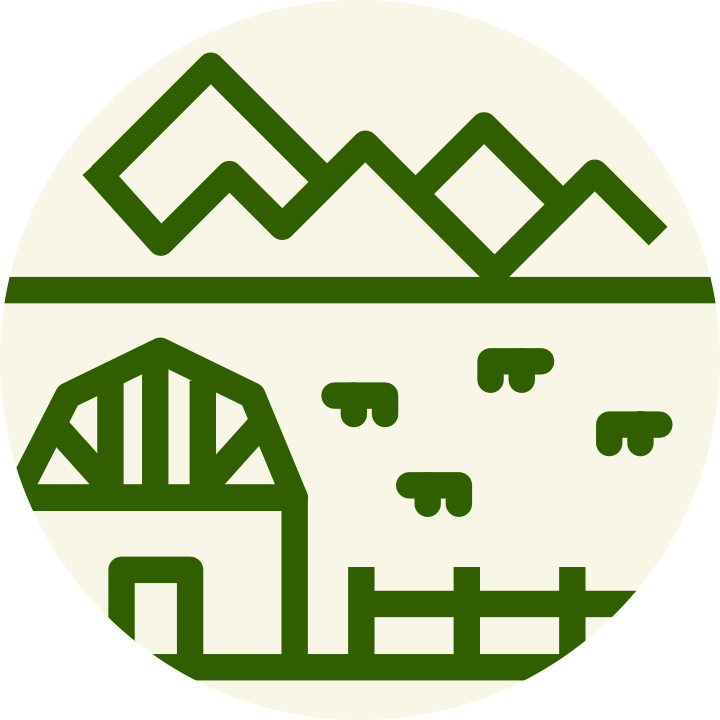The business was created and could develop thanks to the existing infrastructure of a former cooperative in the Turček municipality. Sheep farming helps maintain pastures in high mountainous, remote land parcels. The plots are difficult to access for agricultural machinery and are unsuitable for other farming types. On the farm, ongoing and planned activities are the gradual reconstructions of buildings, renewal of machines, and managing regrowth in the entire area.



